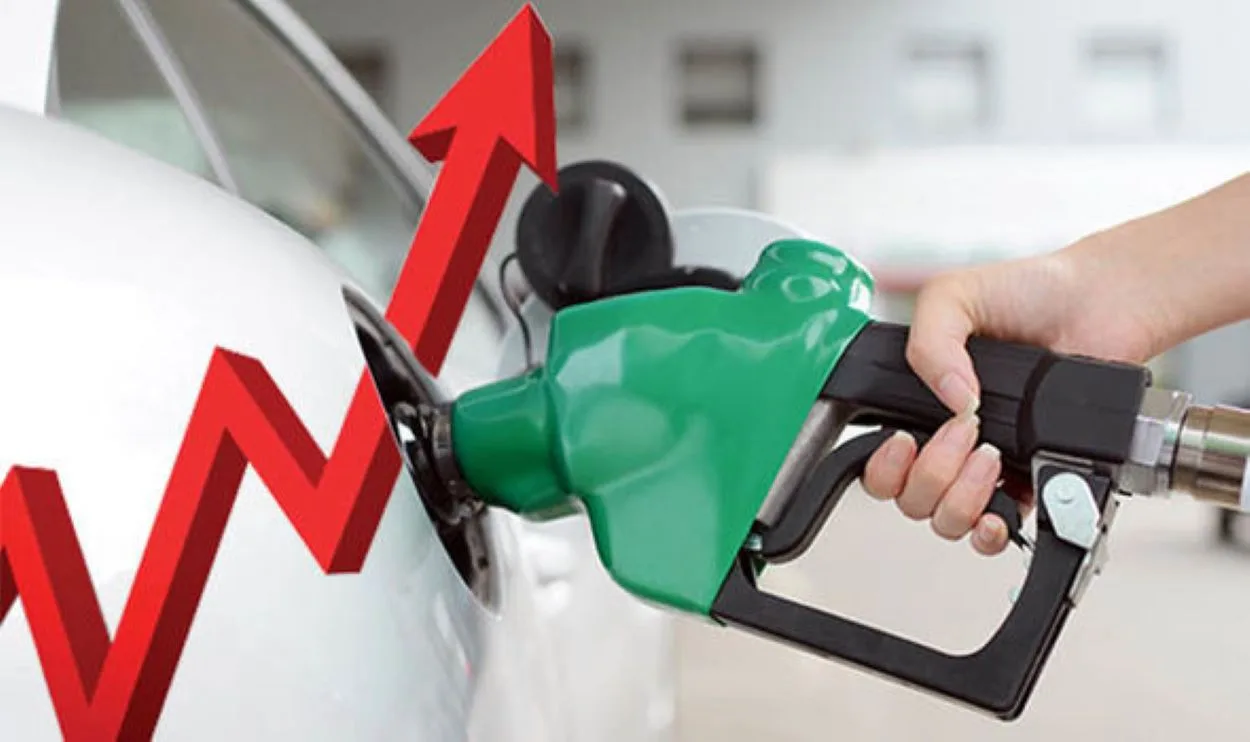Before its tenure ends, the caretaker government announced an increase in petrol prices by Rs4.13 per litre for the fortnight ending March 15 while keeping high-speed diesel prices stable.
The Ministry of Finance announced this late Thursday, based on recommendations from the Oil and Gas Regulatory Authority (Ogra), effective March 1.
This adjustment marks a 1.5% increase in petrol prices to Rs279.75 per litre, impacting primarily the middle and lower-middle classes who rely on it for private transport and small vehicles.
High-speed diesel remains at Rs287.33 per litre, a critical decision given its inflationary impact due to its use in the transportation sector and agriculture, affecting the cost of vegetables and other essentials.
The announcement did not cover kerosene and light diesel oil prices. Kerosene is often misused for adulteration with petrol and for lighting and heating in remote areas, while light diesel oil fuels flour mills and some power plants.
Internationally, petrol and high-speed diesel prices fluctuated slightly, with Pakistan State Oil (PSO) facing higher import premiums for petrol. Meanwhile, the US dollar saw a minor depreciation against the rupee on February 28.
Petrol prices in the international market increased to $90.78 per barrel, whereas high-speed diesel slightly decreased to $101.05 per barrel.
The rupee remained stable, with PSO’s petrol import premium rising to $10.45 per barrel from $9.47 and high-speed diesel’s premium steady at $6.5 per barrel.
Fuel and electricity are major inflation drivers, with January’s Consumer Price Index-based inflation at 28.3% and a seven-month average inflation rate of 28.7%.
The government levies around Rs82 per litre in taxes on petrol and high-speed diesel, including a Rs60 per litre petroleum development levy, despite a zero general sales tax on petroleum products.
Customs duties on petrol and high-speed diesel are about Rs17-20 per litre, with an additional Rs50 per litre tax on high-octane blending components and 95 RON petrol.
Petrol and high-speed diesel are significant government revenue sources, with sales between 700,000 to 800,000 tonnes monthly, compared to kerosene’s 10,000 tonnes.






